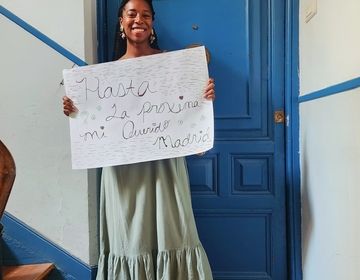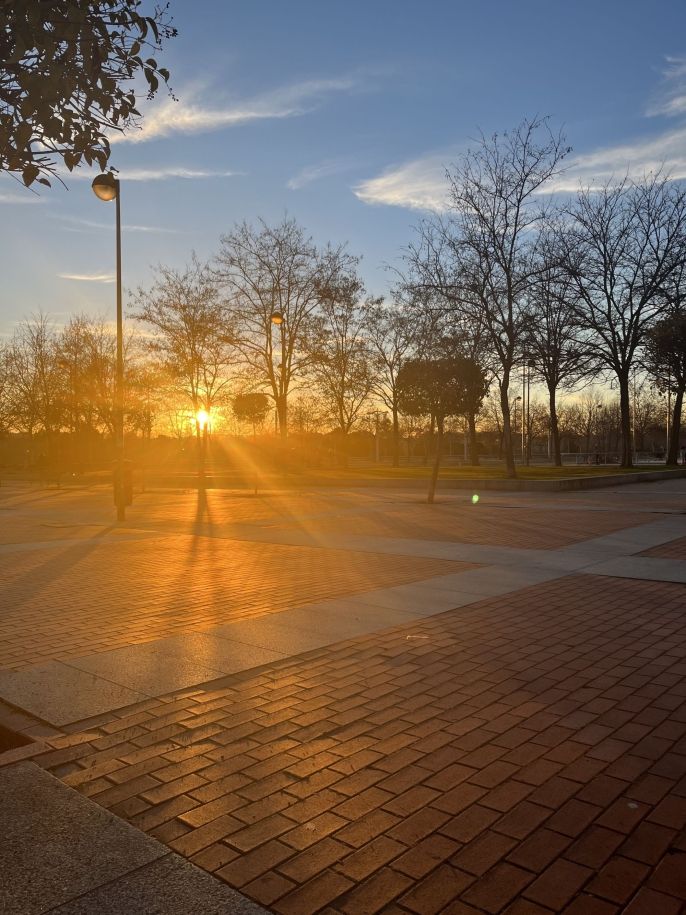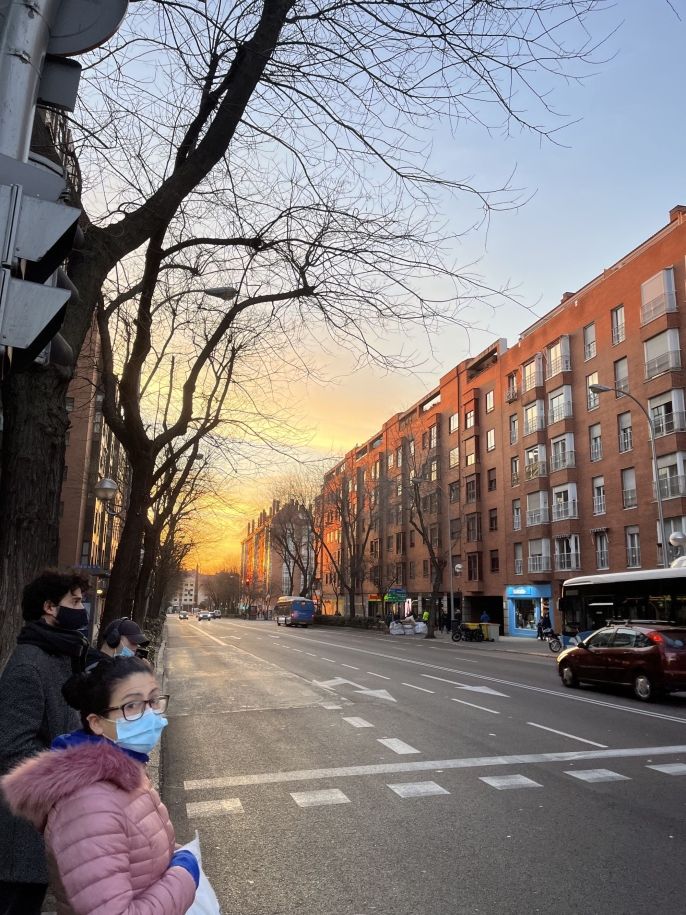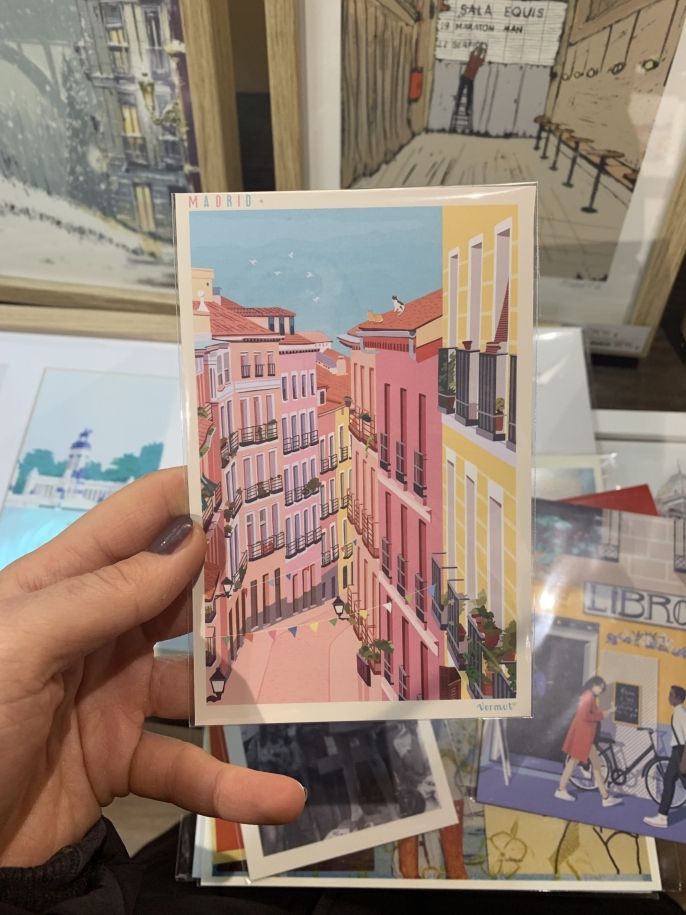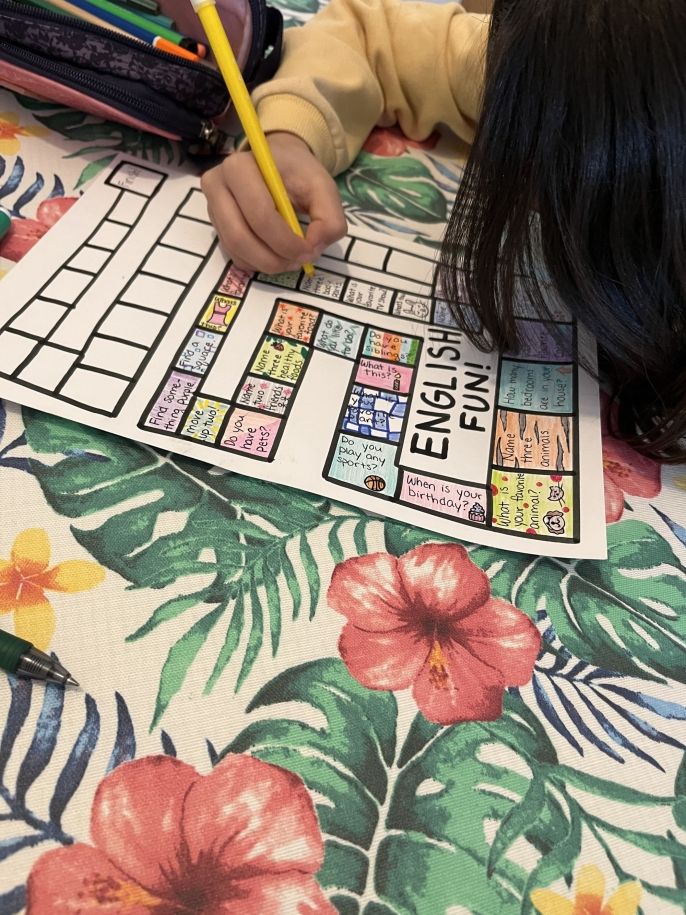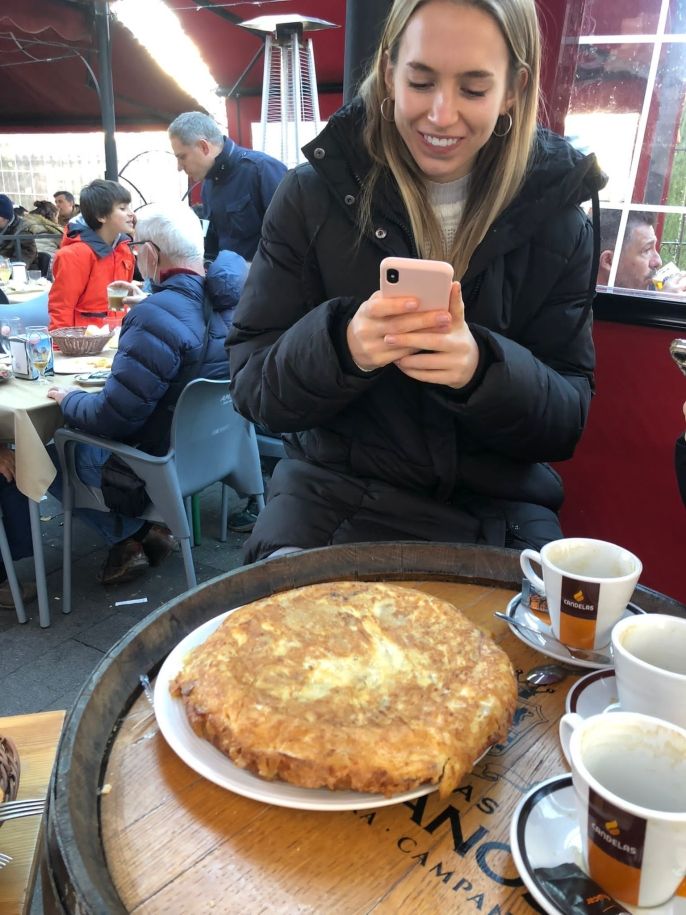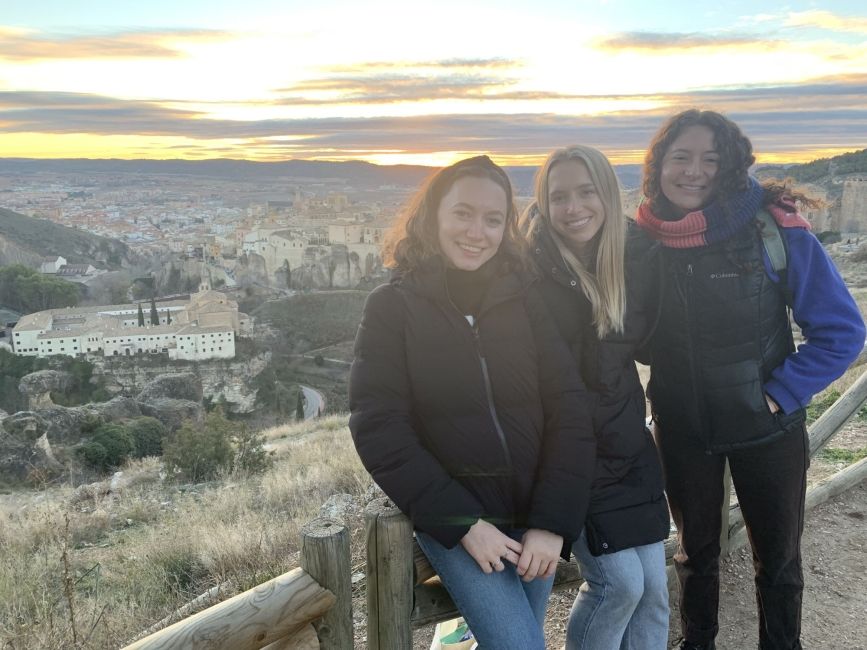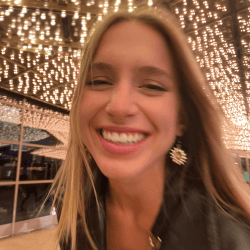Iceberg Identities— Teaching in Madrid as a Walking California Stereotype
Identity is an iceberg. We have a small portion of us on the surface, the part of ourselves others see or that we openly share, but the majority of who we are lies underneath, out of sight. When others try to navigate around us, just as when we navigate around others, we make guesses about where to go, what thoughts to share, what experiences to have together. We try our best to understand who someone is by the information on the tip of their iceberg, and sometimes we make mistakes, but we learn more about them and ourselves because of it.
From the surface, I look like exactly who I am— a white, blonde, twenty-two-year-old woman trying her best to learn Spanish and experience this new culture. I don’t wear any religious items, which holds true to my beliefs, and I don’t wear any political paraphernalia, though after discovering I’m from California, one would correctly assume that my beliefs align with the stereotype. As individuals though, we are much more nuanced. We belong to multiple groups at the same time, we hold some values more central than others, we have familial and cultural experiences that shape who we are, how we feel, and how we react. This intersectional identity is what lies under the surface and what creates both unexpected challenges and beautiful moments of connection when people and cultures collide.
Culture substantially and implicitly influences identity, and I’ve found that while certain aspects of my identity have opened doors for me here in Spain, others have created bumps in the road that I continue to adapt to. A southern California stereotype is that people are very friendly— sometimes to the fault of being inauthentic. Growing up in this atmosphere, I always try my best to be warm towards others, which has led to a great relationship with the students I teach and wonderful friendships with my coworkers. My students continue to improve each day, and they always shout Teacher Kira teach! Teacher Kira teach!” when they want me to lead an activity. I am very close with the two teachers I assist as well, and we have grown to reveal personal aspects of ourselves as the year goes on. We talk about their children and what they’re going through, as well as our professional dreams and personal politics. More than this, I am particularly touched by the honest network of support we’ve built, for example, when a teacher proposed she loan me rent money when my paycheck was late, or when I offered to paint a picture of one of their relatives who had recently passed away. Because of these meaningful relationships, I have been able to feel welcome in my school and community, expand my global perspective, and even meet their friends— which has given me the opportunity to work as an AU Pair in Spain even after the school year is over.
Though this social California identity has allowed me to be so deeply connected with others, the cultural differences in Spain have made me reflect about how much energy I spend being overly polite to unfamiliar people. Here, people aren’t going out of their way to smile at strangers on the street, offer shining customer service at restaurants and coffee shops, or move to the side if you´re both walking towards each other on the same part of the sidewalk. Though the lack of comradery between strangers initially caught me off-guard, I have come to understand that people aren’t being rude, inconsiderate, or standoffish— they simply identify with a different social value system. They place importance on AUTHENTICITY, not minute moments of friendliness. Any day of the week, at all hours of the day, you can walk down the street and see friends catching up over coffee or beers, families spending quality time together outside by the park or the river, and lovers cuddling shamelessly on the metro. Even my coworkers and I have deep relationships past what I have in California. In this culture, there is always, ALWAYS time for loved ones.
This lifestyle of prioritizing meaningful relationships over all else– whether that be insignificant interactions with strangers or long working hours– has absolutely changed my perspective on what success means to me. In America we have such a work + money = success formula, filling our moments between that with a mix of authentic and inauthentic niceties. We waste our words, our gestures, and our energy on those we will never see again. I believe that the Spanish people have it figured out. What brings love, joy, and success is deep, interpersonal connection between family and friends, and this should be cultivated at all costs. Living in Spain has encouraged me to embrace certain aspects of my identity that keep me warm, approachable, and open to new people and experiences, but it has also helped me evolve my intersectional identity by showing me what it means to brush off interactions that don’t matter and express exactly how I feel directly, truly, and fully to those that do. My iceberg is constantly being reshapen, changing and flourishing as I gain new perspectives and grow from this journey.
Related Posts
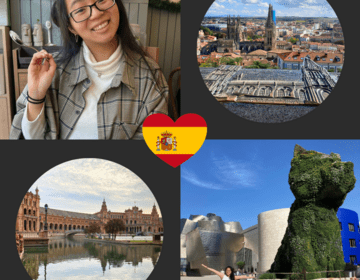
TWICE with CIEE: Kayleigh in Spain (PART 2)
Kayleigh is a CIEE alum who participated in CIEE's Teach in South Korea program AND CIEE’s Teach in Spain Volunteer program! CLICK HERE to read her experience in Korea. WHY... keep reading
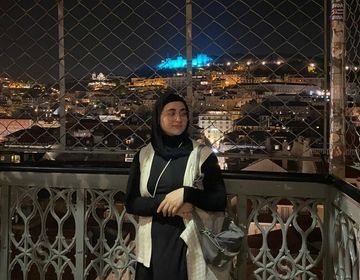
CIEE Volunteer Spotlight: Meet Layla!
Where are you from? What was your academic background or career before teaching abroad? I am Canadian, specifically Québécoise. In Quebec, students are required to attend community college (CEGEP) before... keep reading
